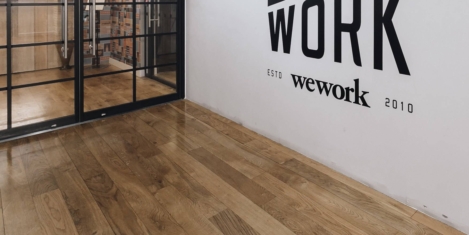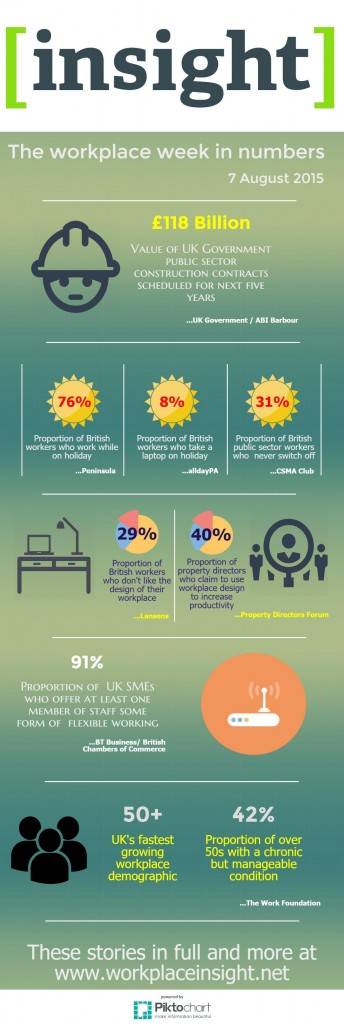August 25, 2015
The long hours culture may be making us unwell and less productive 0
 We should have worked out by now that long hours and productivity are not the same thing. It’s been a long-standing issue in the UK where people manage to combine some of the longest working hours in Europe with levels of productivity that fall habitually some way behind those of our partners on the mainland. Over the past couple of weeks a couple of reports have been published which not only make the point that the long hours culture and an obsession with work may actually be reducing our productivity and even harming us physically, emotionally and psychologically. The range of ailments associated with the dysfunctional ways we work include stress, stroke, deep vein thrombosis, relationship breakdown, a range of infections and feelings of isolation. The question they posit is whether it’s all worth it, especially if we’re not getting as much done as we’d like to think.
We should have worked out by now that long hours and productivity are not the same thing. It’s been a long-standing issue in the UK where people manage to combine some of the longest working hours in Europe with levels of productivity that fall habitually some way behind those of our partners on the mainland. Over the past couple of weeks a couple of reports have been published which not only make the point that the long hours culture and an obsession with work may actually be reducing our productivity and even harming us physically, emotionally and psychologically. The range of ailments associated with the dysfunctional ways we work include stress, stroke, deep vein thrombosis, relationship breakdown, a range of infections and feelings of isolation. The question they posit is whether it’s all worth it, especially if we’re not getting as much done as we’d like to think.


































August 18, 2015
That story about sexist air conditioning systems…roundly debunked 0
by Mark Eltringham • Comment, Facilities management, Wellbeing, Workplace
The main story of the silly season so far has been that one about the inherent sexism of air conditioning systems from a week or two back. Based on a study published in the esoteric journal Nature Climate Change, it appeared that standards for heating and ventilation in building systems were founded on the metabolic rate of an average man which suggested women were toiling away in unconducive, if not exactly unbearable, conditions. This was a compelling tale picked up worldwide by major media outlets including The New Yorker and The Daily Telegraph. There were only two problems with it all. Firstly, the original study was extremely flimsy, based on a tiny sample and ignorant of some basic facts. Secondly the science behind it has now been roundly rejected by ASHRAE, the main US body responsible for informing debate on such matters.
(more…)